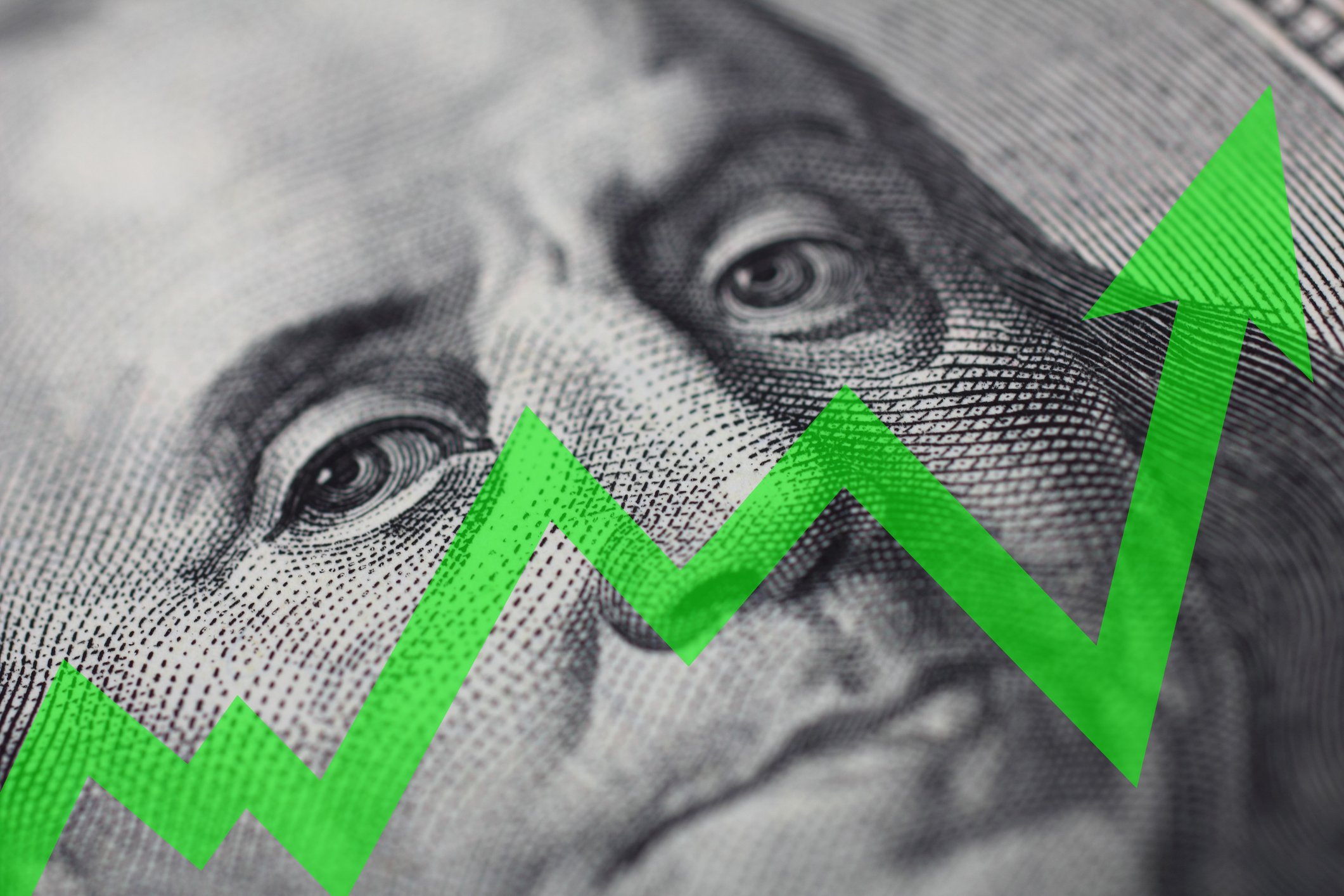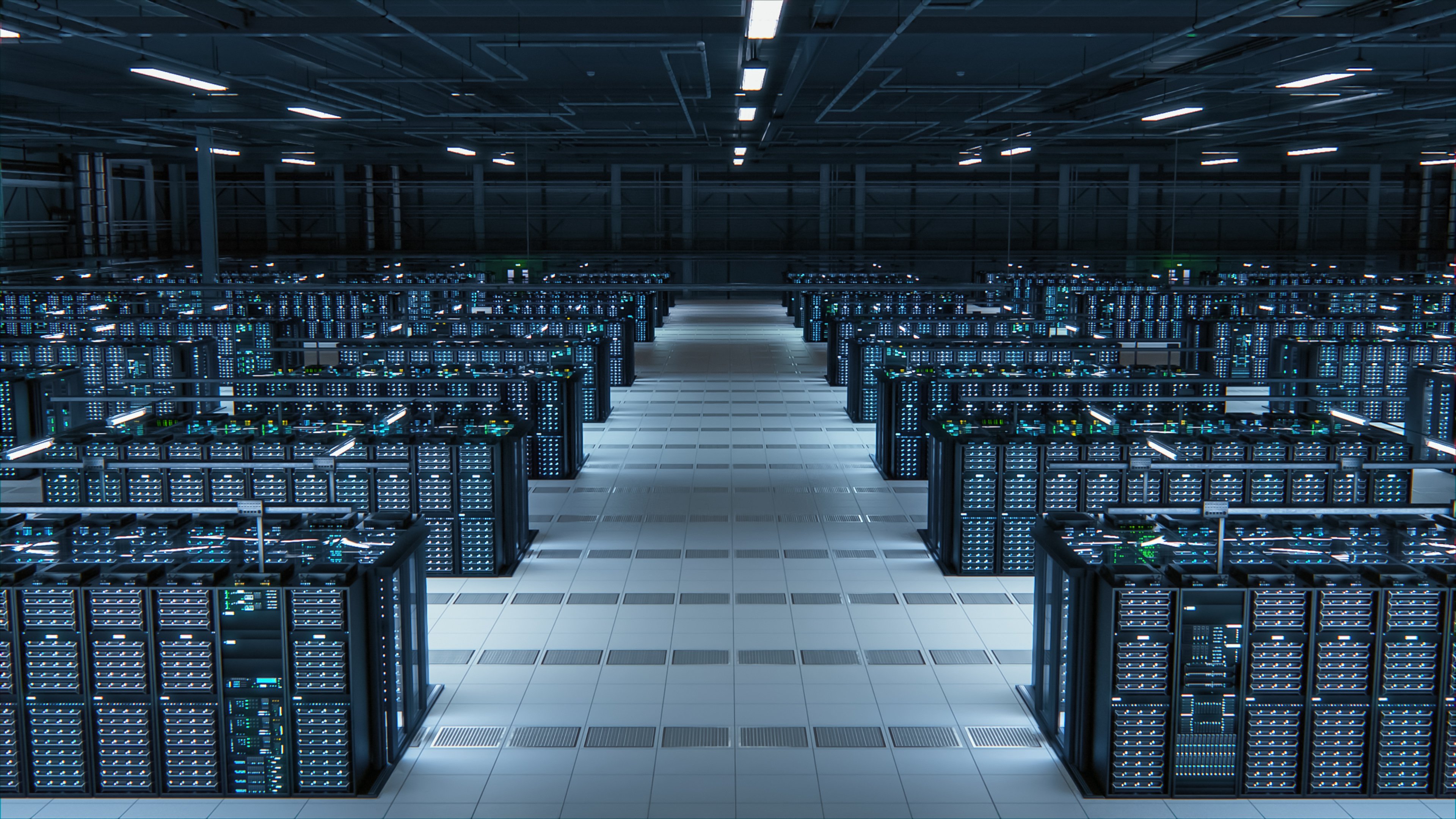Amazon (AMZN +0.44%) CEO Jeff Bezos spoke about the future of his company in his annual investor letter, which was released earlier this month. You can read some of the biggest takeaways here, but let's focus for a moment on the section that was almost entirely devoted to the artificial intelligence subcategory called machine learning.
Machine learning is when a computer, or program, learns how to use information on its own, without having to be expressly taught how. It's a concept that's been around since the 1950s, and Bezos directly told Amazon investors in the letter to "watch this space. Much more to come."
So what exactly is Amazon doing with machine learning, and why should all investors be watching the space? Let's take a quick look, using Bezos' comments as a guide.

Amazon CEO Jeff Bezos. Image source: Amazon.
Amazon's machine learning focus
At Amazon, we've been engaged in the practical application of machine learning for many years now. Some of this work is highly visible: our autonomous Prime Air delivery drones; the Amazon Go convenience store that uses machine vision to eliminate checkout lines; and Alexa, our cloud-based AI assistant.
Bezos is talking here about the most tech-forward approaches that the company's made most recently. Getting a drone to fly itself to a home and deliver a package is pretty high-tech, and machine learning is helping to make it happen.
The same goes for the company's attempt at a futuristic convenience store, called Amazon Go, where customers scan an app as they walk into the store, and then let cameras, sensors, and machine learning systems determine which items they've placed in their bags, and automatically check out and pay for the items without standing in line at the cashier.
Both Prime Air and Amazon Go are in the testing stages, though, so most of us don't get to experience these machine learning examples in the wild. But Bezos offered another example of machine learning, Amazon's Alexa assistant, that's far more prevalent and is quickly becoming the standard for voice-activated virtual assistants driven by artificial intelligence (AI).
Amazon opened up Alexa to third parties just last year, and the virtual assistant's integration across a wide variety of devices has been impressive. You can now use Alexa's voice commands to control things like an LG refrigerator, certain aspects of Ford's in-vehicle Sync 3 system, and Dish's Hopper DVR players; Whirlpool will even be releasing an Alexa voice-controlled washing machine later this year.
As impressive as all of this is, Bezos said that there's much more that Amazon is doing with machine learning that you don't see.
More than meets the eye
But much of what we do with machine learning happens beneath the surface. Machine learning drives our algorithms for demand forecasting, product search ranking, product and deals recommendations, merchandising placements, fraud detection, translations, and much more. Though less visible, much of the impact of machine learning will be of this type -- quietly but meaningfully improving core operations.
Bezos is talking here of Amazon's pervasive use of machine learning to improve everything from search results on its website to fraud detection. And while key elements of the company's consumer sales engines are being assisted by machine learning, Amazon isn't the only one using this technology to improve its company.
IBM's (IBM +0.50%) Watson is used to power machine learning solutions for enterprise businesses so that they can sort through their own data. IBM is so keen on machine learning that it calls the technology the "21st century's industrial revolution" and says that the cognitive computing market will be worth $2 trillion over the next decade.
And GPU maker NVIDIA (NVDA 0.05%) uses machine learning to allow its on-board computers in semi-autonomous vehicles to process visual information and help them understand what they're looking at. The company also uses its GPUs to help power other machine learning systems for Facebook, Alphabet's Google, and others.
Goldman Sachs analyst Toshiya Hari wrote a few months ago that NVIDIA's total addressable market for AI, including machine learning, could be between $5 billion and $10 billion.
NVIDIA, IBM, and Amazon clearly believe machine learning will be a huge market for them going forward, and Amazon intends on making it a key part of its cloud-based Amazon Web Services (AWS).
Bezos said in the letter, "inside AWS, we're excited to lower the costs and barriers to machine learning and AI so organizations of all sizes can take advantage of these advanced techniques."
So far, companies have used AWS' machine learning systems to help power early disease detection and even figure out how to increase crop yields. And Amazon offers other machine learning services as well -- like Amazon Lex (which powers Alexa), Amazon Polly, and Amazon Rekognition -- for natural language understanding, speech generation, and software for analyzing images.
This machine learning as a service market is expected to take off over the next few years, growing from $613.4 million last year to $3.7 billion by 2021, according to Markets and Markets.
Bezos' letter reveals that Amazon is looking to machine learning to not only improve the fundamentals of its own business, but to create new services for other companies as well. If Amazon investors were looking for clues as to where the company is headed, Bezos made it very clear. Tech investors looking for signs on where to focus their attention next would be wise to take Bezos' comments to heart and keep a close eye on the machine learning market.








